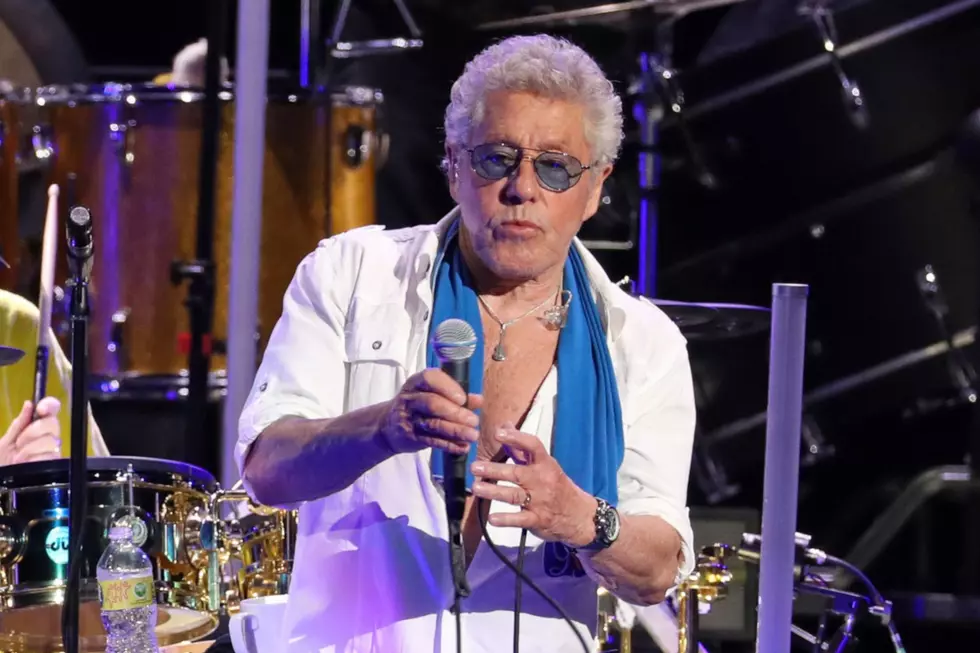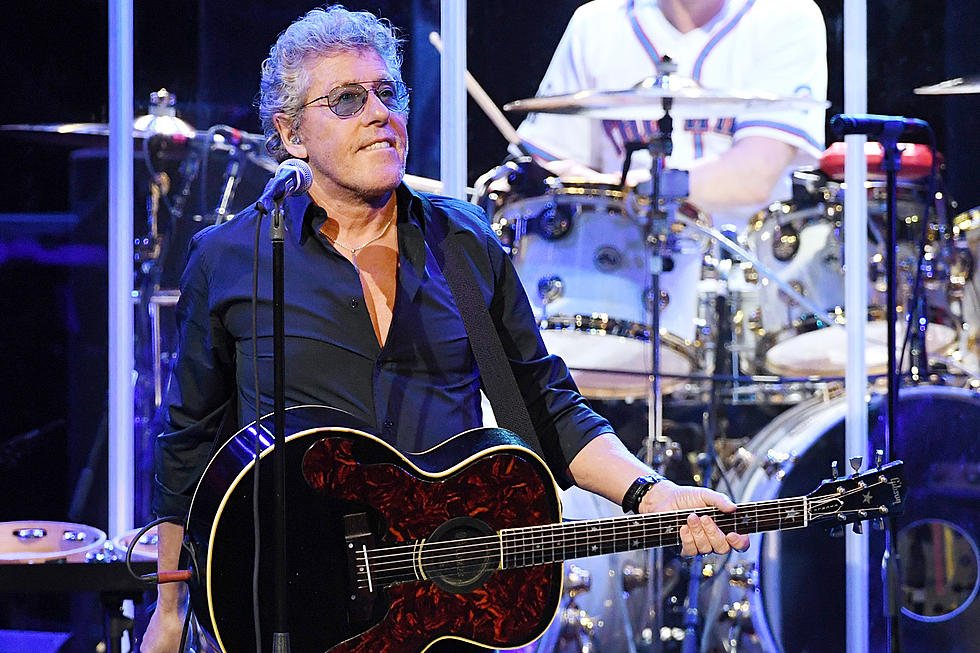50 Years Ago: The Who Arrive on ‘My Generation’
We generally think of the Who as being among the first British Invasion bands. But the truth is that by the time they released their debut album, My Generation, on Dec. 3, 1965, they had quite a bit of catching up to do.
The Rolling Stones, the Kinks and the Hollies already had three albums out in the U.K., and the Animals had two. The Beatles, forerunners of the whole movement, had practically lapped the competition. On the same day that My Generation arrived, the Beatles released their sixth album, Rubber Soul.
But what the Who lacked in experience they made up for in sonic assault. Their first three singles -- “I Can’t Explain,” “Anyway, Anyhow, Anywhere” and “My Generation” -- took the Kinks' power-chords-with-harmonies approach one step further. They also shared a producer, Shel Talmy, with the Kinks, but the Who were able to distinguish themselves because of an ultimate weapon: Keith Moon.
Rock’s first “lead drummer,” Moon added anarchy to the equation with his close-enough-to-the-beat approach and inventive fills. This meant that the traditional drummer’s role of timekeeping fell to guitarist Pete Townshend, while John Entwistle’s bass was the primary melodic instrument. It was a dynamic previously unheard of in rock musc.
And unlike the other acts’ debut LPs, only three of My Generation’s 12 songs were covers of R&B songs. Townshend wrote eight of the numbers (the instrumental “The Ox” was credited to the group and pianist Nicky Hopkins). While a few of the originals (like “The Good’s Gone” and “Much Too Much”) probably could have been left off in favor of the Who's searing takes on Martha and the Vandellas’ “(Love Is Like a) Heat Wave” and Eddie Holland’s “Leaving Here” that were recorded around the same time, others showed that Townshend’s fascination with identity was already blooming in his songwriting. It wasn’t just the classic title track and “The Kids Are Alright,” but also “It’s Not True” and “A Legal Matter,” the latter of which is one of Townshend’s most underrated songs.
My Generation established the Who in the U.K., reaching No. 5. But the U.S. version of the album, which was called The Who Sings My Generation and released four months later, stiffed. Bolstered by the success in their homeland, the Who would go on to a fruitful 1966. But it wouldn’t be until the release of “Happy Jack” in early 1967 that American music fans would truly take notice.
See the Who and Other Rockers in the Top 100 Albums of the '60s
You Think You Know the Who?
More From Ultimate Classic Rock









